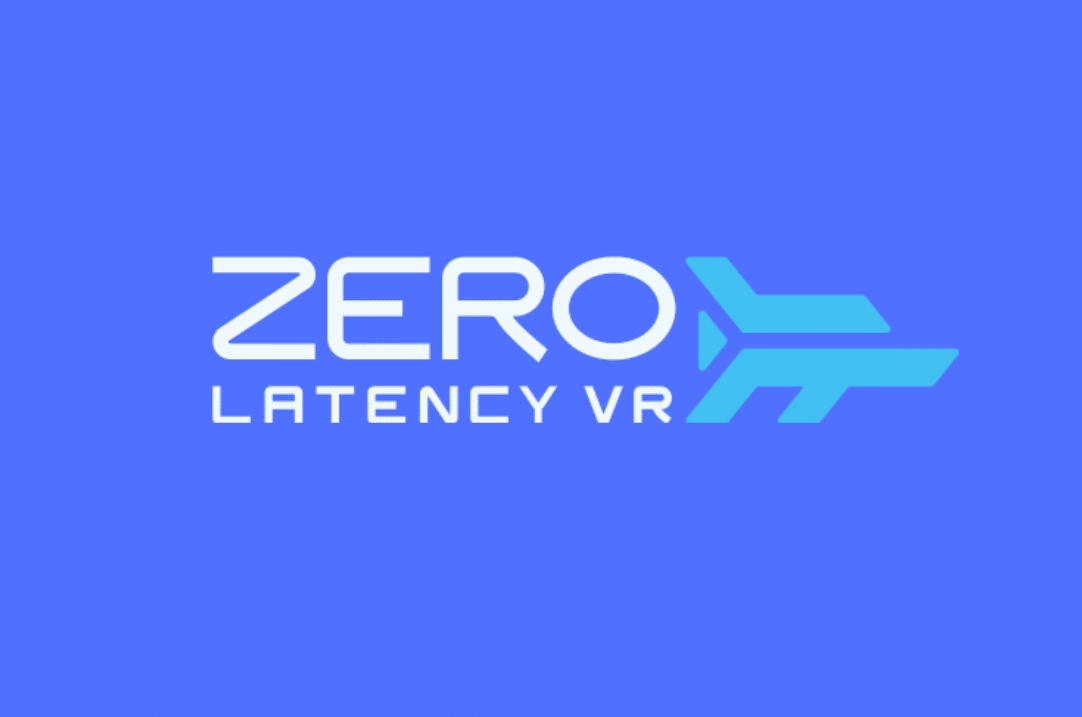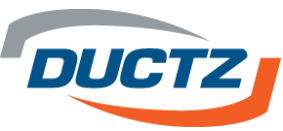The brand Zero Latency has gained attention as a leader in large-scale, free-roam virtual reality entertainment venues. The concept brings cutting-edge immersive VR experiences to groups of participants who walk and interact freely in a dedicated arena space. For entrepreneurs intrigued by location-based entertainment and immersive technology, opening a Zero Latency franchise—or licensed venue partner—can be an exciting opportunity. Understanding the investment required is key before taking that step.
Investment and Startup Costs
Launching a Zero Latency venue in the United States typically requires an initial investment that starts at around $165,000 and up. This figure represents the minimum threshold for installing a VR arena system and partnering with the brand. The actual amount can vary significantly depending on factors such as facility size, lease terms, build-out complexity, geographical location, and whether the venue is standalone or part of a multi-attraction entertainment center.
The lower end of investment reflects the cost of licensing the core equipment and technology, while additional costs may include site construction, sound-proofing, special flooring, custom VR arbitration systems, furnishings, fixtures, signage, staff training, initial marketing, and working capital to ramp the business as it launches. Because this is a higher-technology entertainment business, the equipment and setup are more complex compared to a typical restaurant or retail franchise.
What Franchise Owners Can Expect
When you become a partner or franchisee of Zero Latency, you’re essentially investing in a destination entertainment business. The model is built around delivering immersive experiences, often charging a premium per session compared to standard arcade or VR setups. Large groups, immersive gameplay, repeat visits, and events like birthday parties or corporate team-buildings are key drivers.
Franchise or licensing partners receive support from the brand in technology deployment, venue design, staff training, marketing toolkit, and ongoing system upgrades. Because the VR industry is evolving rapidly, staying current with hardware and game content is an operational focus. The benefit of aligning with an established brand like Zero Latency means accessing global content, brand recognition, and proven systems rather than starting a VR entertainment venue from scratch.
Why Consider a Zero Latency Franchise?
There are several reasons why an entrepreneur may choose to invest in a Zero Latency franchise opportunity. First, the location-based entertainment sector has been growing as consumers seek experience-driven leisure over simple products. A well-executed VR arena appeals to families, gamers, corporate groups, and event bookings—providing multiple revenue streams. Second, by partnering with a known brand that has deployed arenas globally, you reduce some of the development risk compared to building an independent venue. Third, the novelty and immersive nature of the experience can help differentiate the business in a competitive entertainment market.
However, it’s also vital to recognize that success depends heavily on location selection, customer reach, local competition, effective marketing, and operational execution—especially because upfront costs and technological maintenance can be substantial.
Summary
Starting a Zero Latency franchise or licensed venue in the United States involves an investment that begins at roughly $165,000 and increases depending on location, build-out, and equipment requirements. While this is a significant commitment, it offers entrepreneurs a chance to own a business centered on immersive entertainment in a brand with global recognition.
For those passionate about gaming, technology and guest experience—and ready to take on the demands of a high-end entertainment venue—Zero Latency presents a compelling franchise opportunity. With the right site, execution and marketing plan, owning a Zero Latency venue can be both exciting and potentially lucrative in today’s evolving leisure landscape.










